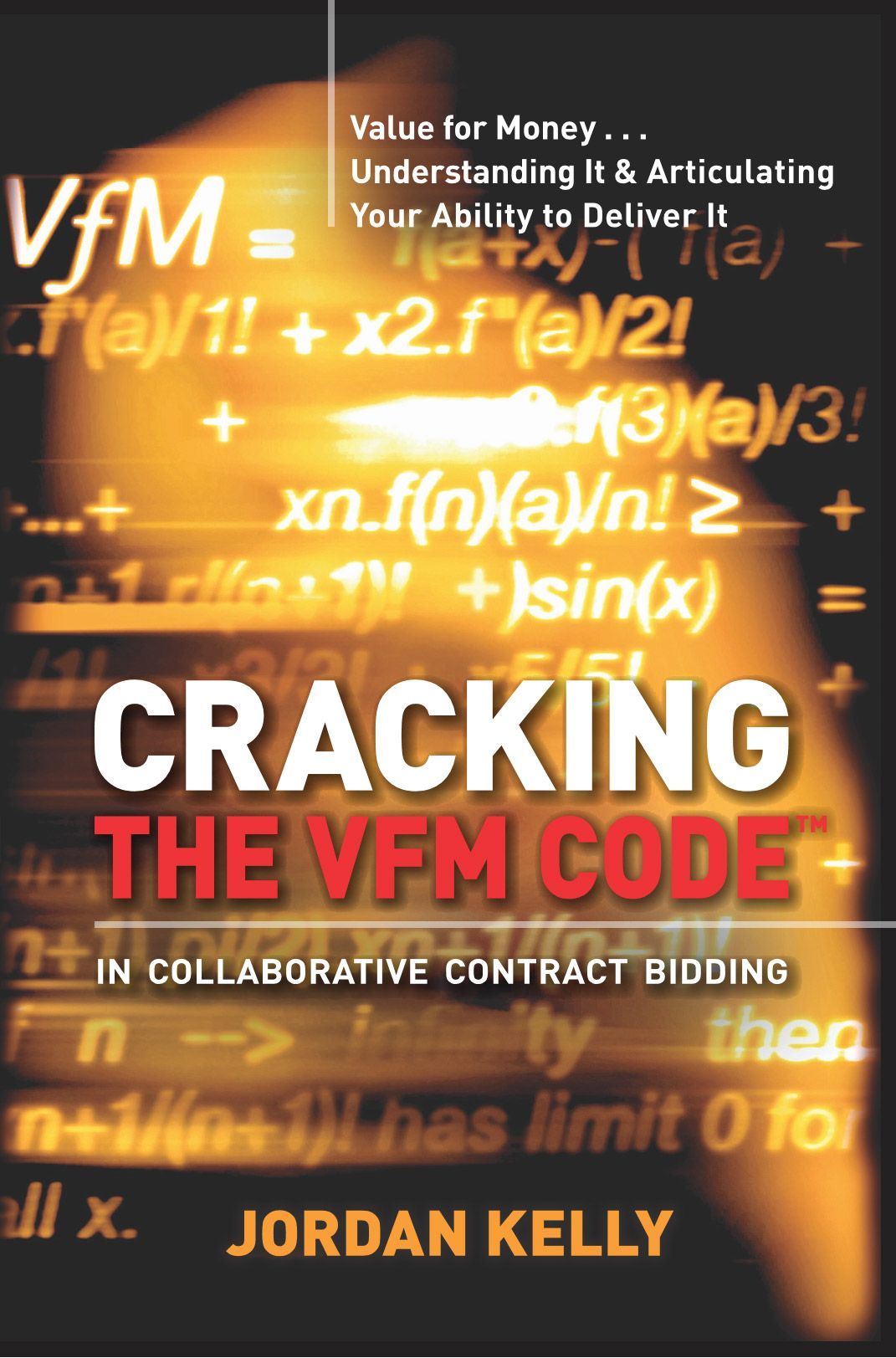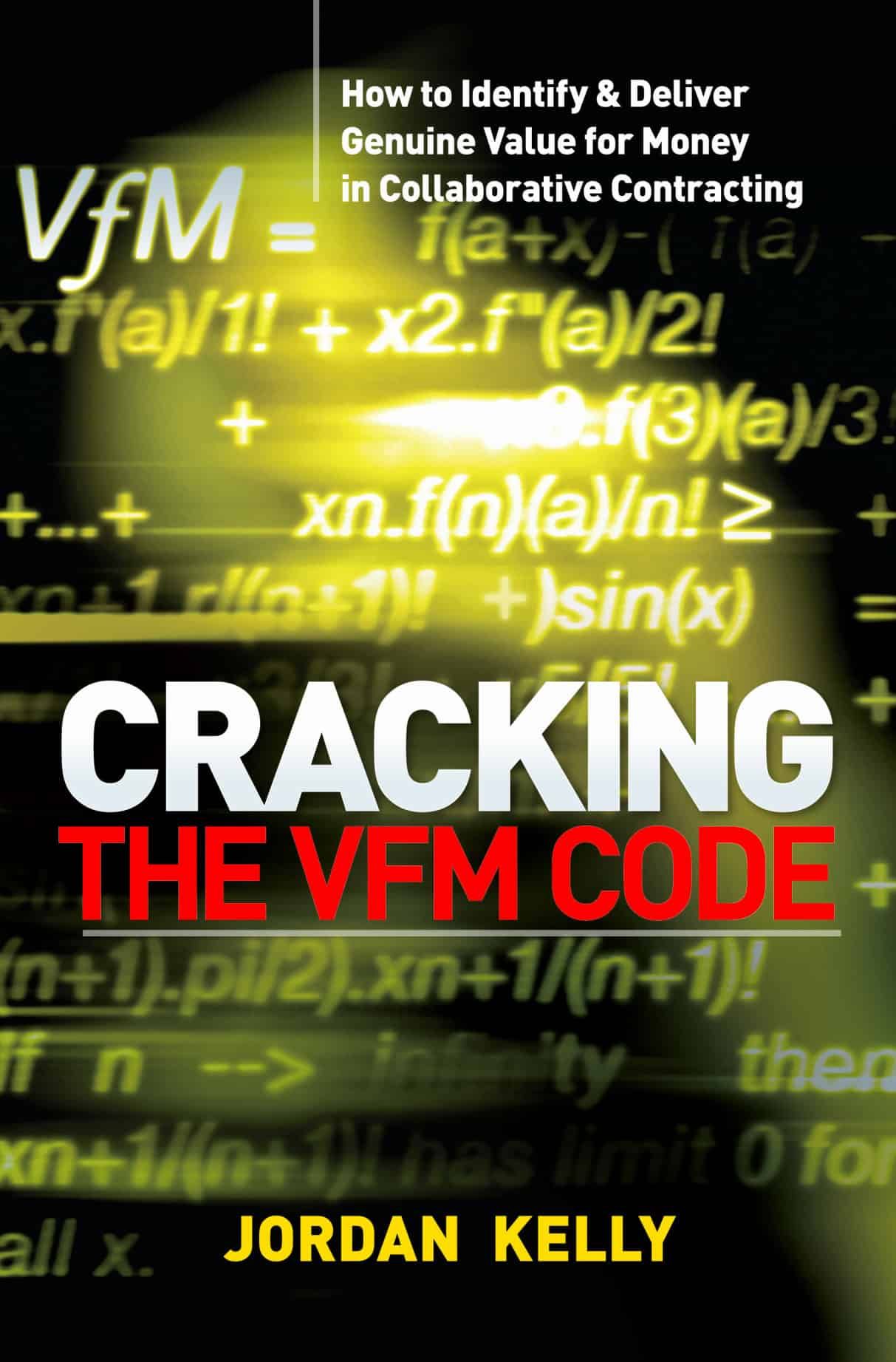CATEGORIES:

If you’re a provider of Facilities Management, accommodation or related services to the resources sector, here’s some advice from an FM tender evaluator who’s worked with numerous end-clients in both public and private sectors.
Martin Leitch reckons the advice he imparted for this article will propel you out ahead of the pack when bidding for remote camp services contracts.
In his role as a Facilities Management consultant, he’s worked with clients to ensure their FM strategies contribute to bottom-line performance – increasingly a “hot button” procurement issue in this space.
He’s also served on several dozen FM tender evaluation panels.
What’s the Relevance to Remote Services Bidders?
He says that in a Facilities Management bidding race – all else being equal – the bidder most likely to be awarded a key, long-term contract (the nature of which we’re currently seeing in the remote accommodation / camp management space) is the one whose proposed solution directly supports the client’s broader corporate objectives.
The starting point for any bidder wanting to take this “value added” approach, he advises, is to first demonstrate a genuine and detailed understanding of those broader objectives – both at the overarching corporate level and at the level of the client’s key business / operating divisions.
Further on from that, the bidder must understand the critical interplay between the client’s various business units and their individual strategies. It’s only from there, he says, that a bidder can formulate a solution to specifically underpin the attainment of those goals and support those component strategies.
In contrast to this, Leitch says, the average facilities or accommodation management services provider (be that camp accommodation in the most holistic sense, or any component service thereof) will likely limit its focus to the objectives and issues that relate directly to that service.
Winner Will Translate Corporate Strategy into FM Plan (Losers Won’t)
If you’re about to throw your hat in the ring for a substantial piece of action in the remote accommodation (and/or related services space), this has direct implications for you.
Following Leitch’s advice will not only inspire the evaluation panel’s confidence, but – in the context of contract periods of unprecedented length – it will awaken the evaluators to the dangers inherent in selecting a bidder without the ability to understand, interpret and support these key corporate strategic objectives.
These corporations, at the same time as becoming increasingly cost-conscious, also want to achieve stable, resilient, satisfied and happy work forces.
A Bid Strategist’s Advice
As a pursuit strategist and bid leader, I say that’s an indication of the various corporate objectives and individual departmental strategies you need to be all over.
I’d be urging you to seek out information that will give you an understanding of the client’s current thinking and future directions in the HR space. Obviously, HR will have its own strategy in relation to the procurement and the management of remote workers . . . but, importantly, that strategy will include not only what’s happening now, if it’s a solid plan, it will also incorporate provision for considerations such as projected changes in worker demographic.
In the context of a long-term contract, you need to be on top of this.
And, when it comes to IT-related recommendations within your proposed solution, I’d be urging you to hotly avoid innovating in a vacuum. The practicalities of “good ideas” need assessed not only against the implications of implementation at a camp level, and not only against their compatibility with existing systems within the client organisation, but also within the context of future technology-related intentions.
These are just two examples. By demonstrating this depth of research across all relevant divisions, you’d be showing yourself as an invaluable support player within the client’s “big picture” . . . a player that’s sufficiently agile to predict and respond to the resources client’s critically balanced and ever-changing business environment.
CRACKING THE VfM CODE
How to Identify & Deliver Genuine Value for Money in Collaborative Contracting
(Book)
The product of two years' intensive research and numerous interviews with industry leaders, this weighty, 350-page book offers an unprecedented degree of insight into what it takes to produce a consistent record of value-for-money results in major public infrastructure projects.
CRACKING THE VfM CODE IN COLLABORATIVE CONTRACT BIDDING
Value for Money . . . Understanding It & Articulating Your Ability to Deliver It

(Book)
Standing alone or forming a duo with its partner book,
Cracking the VfM Code, this large-format production offers insightful and authoritative mentorship and intelligence on winning high-value, collaborative contracting bids.



